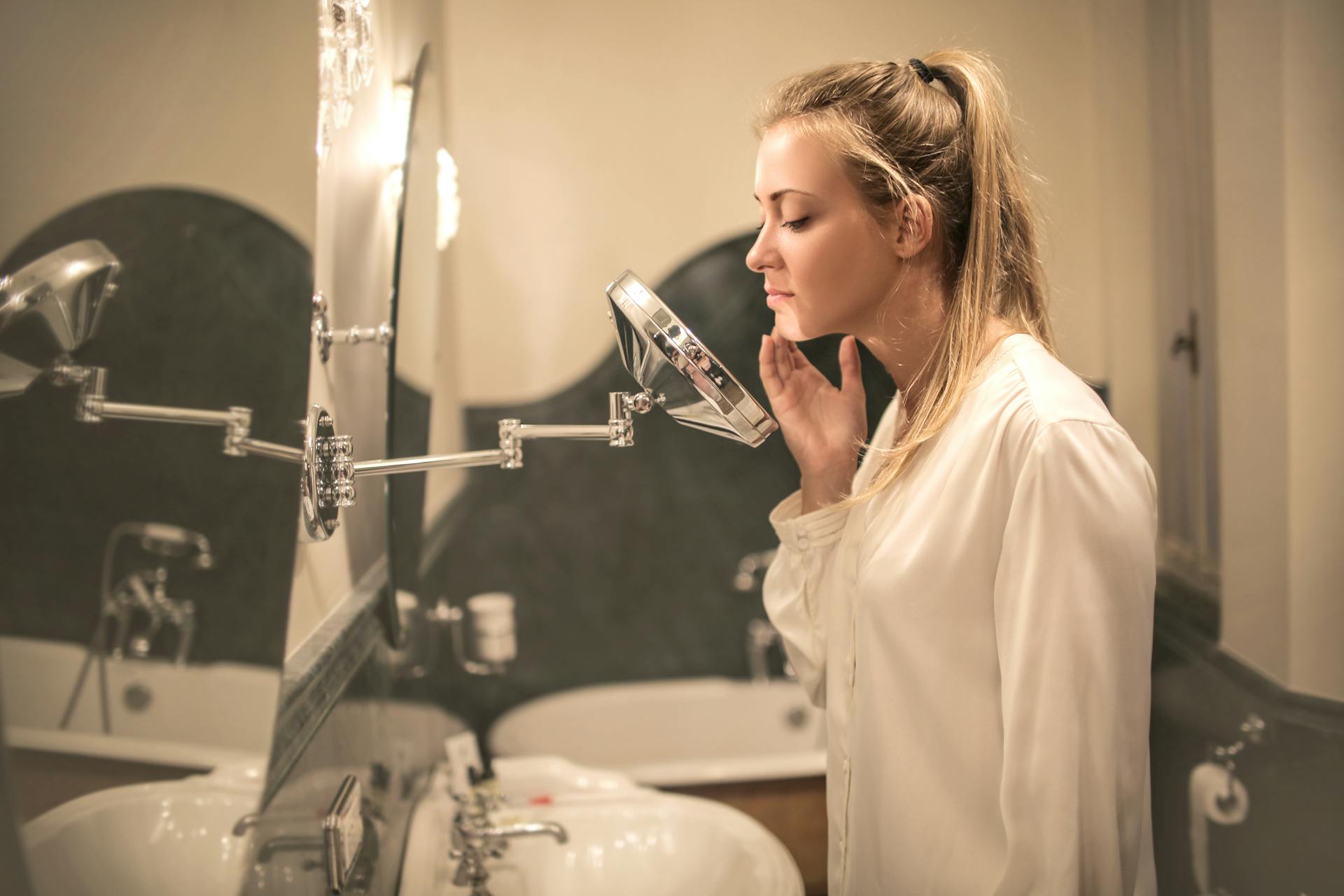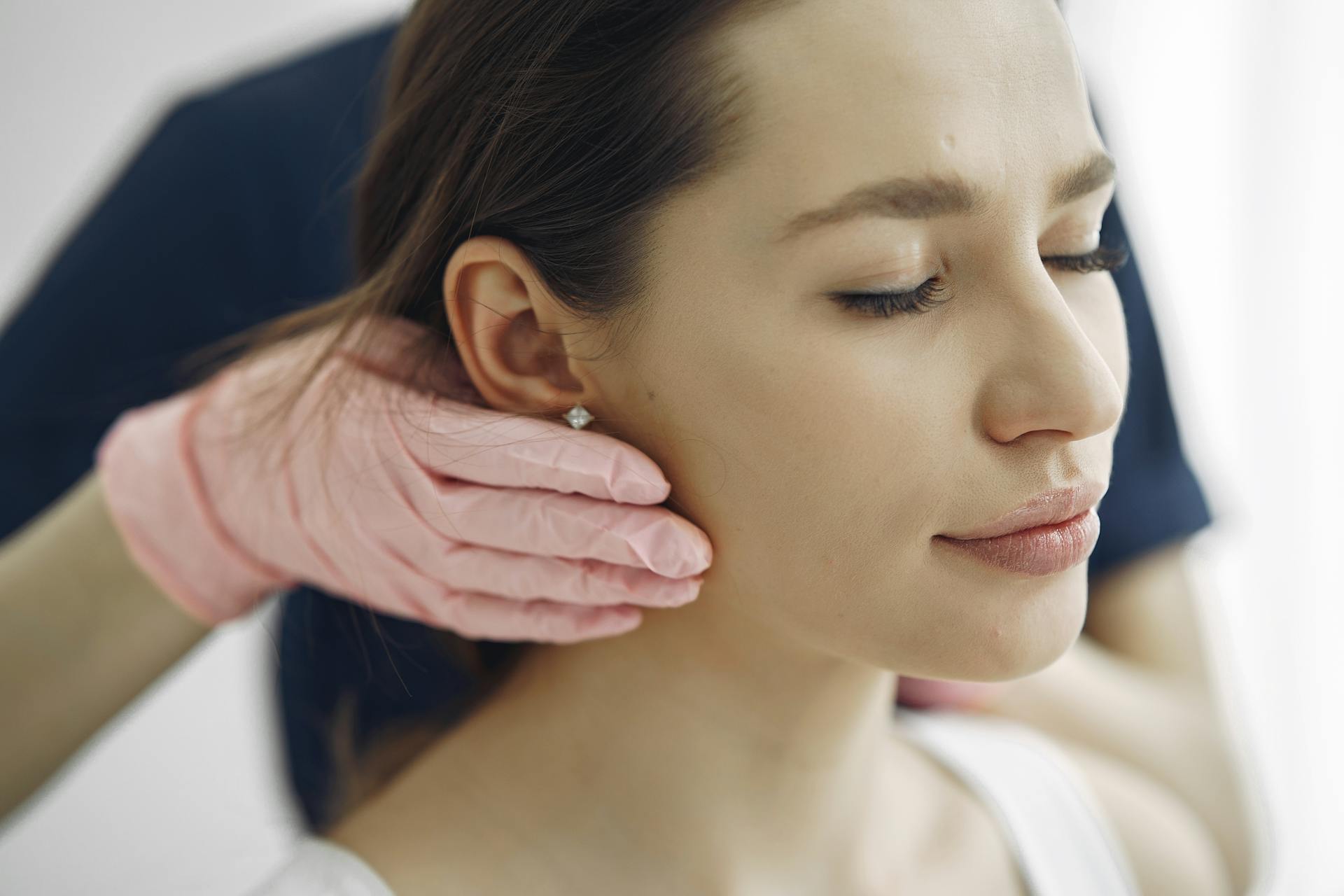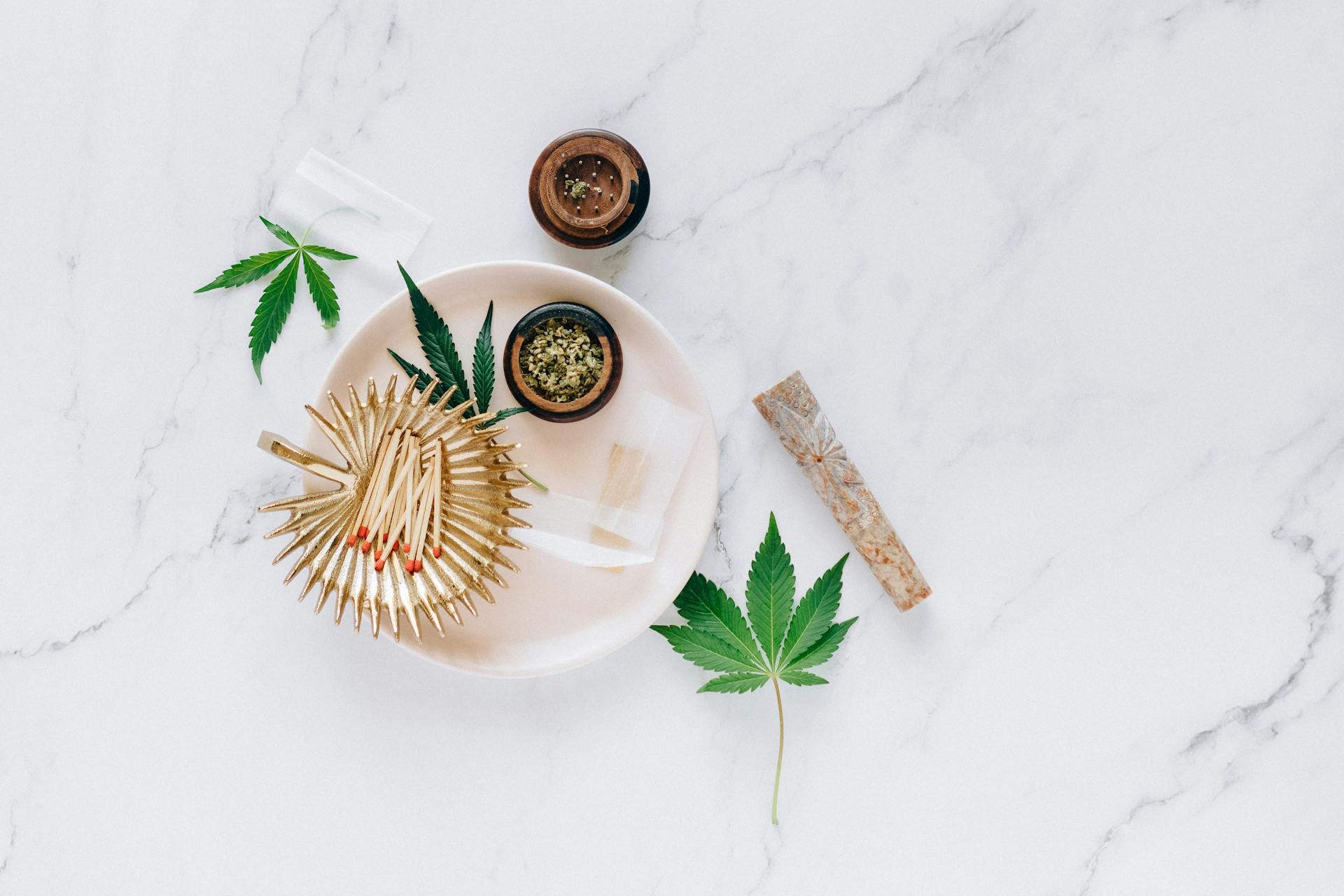
Spirulina algae skin care has become one of the most popular trends in cosmetics skin care. This blue-green algae is being marketed as a thickening agent that can supposedly bring big benefits including anti-aging properties, hydration, and even reducing inflammation. But can these claims really be trusted?
Algae-derived sunscreen has been used for years, but it's only recently that algae-based skincare products have gained mainstream attention. Spirulina is just one of many trendy ingredients that are being added to skincare products, along with other types of algae such as kelp and seaweed. While some people swear by these products, others are skeptical about their effectiveness. So what's the truth about spirulina algae skin care?
Explore the Benefits of Spirulina Algae Skin Care
The world of beauty and skincare is constantly evolving, with new ingredients being introduced every day. Spirulina algae has emerged as one of the most promising natural ingredients for skin care. Spirulina is a type of blue-green algae that belongs to one of the major classes of chlorophyll-containing organisms found in freshwater and marine environments. There are over 70,000 species called algae, but only a few have made their way into your skin-care bottle.
Spirulina's antioxidant benefits and anti-aging powers have been known for centuries. Spirulina contains high levels of vitamins A, C, E, and K, which help to protect the skin from UV damage and promote collagen production. This makes it an excellent ingredient for sunscreens and other cosmetic products that claim to have UV protection. Additionally, spirulina is rich in amino acids that help to hydrate the skin and reduce inflammation. It also contains phycocyanin, a pigment that gives spirulina its distinctive blue-green color and has been shown to have anti-inflammatory properties. Whether you're looking for a natural way to combat aging or simply want to improve the overall health of your skin, spirulina algae is definitely worth exploring!
Excessive Spirulina Intake: The Consequences You Should Know
Although spirulina is packed with nutrients, taking too much of it can lead to adverse effects. The recommended intake for spirulina is around 1-3 grams per day, and the upper limit is about 40 grams per day. However, if you exceed the upper limit or take spirulina for an unknown period, it could lead to health problems like liver damage, nausea, vomiting, and muscle weakness. It's important to note that if you experience any of these symptoms or have noted contact with excessive spirulina taking, you should consult your healthcare provider immediately.
Quench Your Skin's Thirst with Ultimate Hydration

Dehydrated skin can be a pain to deal with. Luckily, there are many popular hydrators that work wonders in combating dryness, including hyaluronic acid and marine algae. Board-certified dermatologist Keira Barr MD recommends topically applying algae to the skin because it acts as a potent ingredient for moisturizing capabilities.
Hyaluronic acid is a humectant that helps keep moisture in the skin, while marine algae helps replenish moisture lost due to environmental factors. Wesley MD board-certified dermatologist agrees that topical formulations of marine algae can be used as a thickening agent in skincare products to help improve the skin feel and function.
A stable oil formulation containing spirulina algae has been shown to have moisturizing capabilities that can benefit those with dehydrated skin. The combination of natural ingredients in spirulina algae skin care makes it an ideal choice for those looking to quench their skin's thirst with ultimate hydration.
Fade Away Dark Spots and Uneven Skin Tone with this Product
If you're tired of discolored spots and uneven skin tone, spirulina algae skin care might be the answer you've been searching for. This type of algae work wonders on human skin cells! Research shows that marine algae extracts have skin-brightening properties, making them a natural brightener for those pesky dark spots.
Spirulina algae is one of the most effective forms of brown and green algae topical formulations. The high levels of algal carbohydrates in this natural ingredient make it famous for its brightening properties. Studies have shown that spirulina can lighten dark spots and improve hyperpigmentation4. After using a product containing spirulina, my hypersensitive skin immediately perked up with renewed brightness and clarity.
The barr red green blue present in spirulina give it its powerful brightening power that helps even out skin color. With regular use, spirulina will make achieving great skin goals easier than ever before. So if you're looking for an all-natural ingredient to fade away dark spots and improve your overall skin tone, look no further than spirulina algae skincare!
1. organic veggies+
Organic veggies are known to be packed with nutrients that are essential for our body. Similarly, spirulina algae is loaded with 31 powerhouse ingredients that can work wonders for your skin. Spirulina contains anti-inflammatory properties that can help manage inflammation caused by various things including sun damage and oxidative stress.
By incorporating spirulina algae into your skincare routine, you can effectively combat skin inflammation, fine lines, and other signs of aging. The anti-inflammatory properties found in spirulina can help reduce the inflammatory process in the skin, resulting in a more youthful look. Additionally, when used topically, spirulina has been shown to have a positive effect on managing inflammation and improving overall skin health.
Unveiling the Mystery: Understanding Algae

Algae, one of the oldest organisms on earth, is a diverse group of aquatic plants that includes more than 800,000 species. There are two main categories: macro and microalgae. Macroalgae, also known as seaweed, includes kelp and spirulina. Microalgae are too small to be seen by the human eye and include spirulina algae skin care products.
Algae works wonders for our skin. Applied topically in a serum or cream or taken as a supplement orally, algae packs major benefits specifically for our skin type. Algae contains carbohydrates, lipids, proteins, and amino acids that nourish and moisturize the skin while also preventing aging signs like wrinkles and fine lines.
Adding algae to your skin care routine can avoid major reactions on your entire face by testing on a small area first. Ahead learn about the top benefits that different types of algae including kelp spirulina offer for your skincare needs so you can decide which is best for you!
Smart Ways to Preserve the Goodness of Spirulina

To preserve the goodness of spirulina, it is important to store it properly. Always store spirulina in a cool dry place away from direct sunlight. Make sure to discard any expired or spoiled spirulina as it can lead to adverse health effects if consumed. By following these simple steps, you can ensure that your spirulina remains fresh and effective for all your skin care needs.
Shield Your Skin from the Harmful Effects of the Sun
As a sunscreen fanatic, I'm always looking for new ways to protect my skin from UV exposure. That's why I was so excited to learn about spirulina algae skin care! Algae offer natural UV protection that can help combat oxidative stress and reduce the harmful effects of the sun. By adding brown algae to your daily routine, you can give your skin an extra layer of sun protection.
One of the ways that algae produce water-soluble molecules called mycosporine amino acids is by dissipating UV energy. These amino acids work by essentially acting as antioxidants, scavenging toxic-free radicals caused by UV exposure. This added UV protection makes algae a great choice for anyone looking for a little extra sun protection.
To take advantage of these benefits, it's easy to apply algae topically in the form of skincare products. By incorporating these natural ingredients into your daily habit, you'll be giving your skin an added layer of sun protection while also combating oxidative stress and reducing damage caused by UV exposure. So if you're looking for a way to keep your skin healthy and glowing all year round, consider adding some brown algae to your skincare routine!
Frequently Asked Questions
Is Spirulina a sunscreen?
No, Spirulina is not a sunscreen. It is a type of blue-green algae that contains antioxidants and nutrients that can benefit skin health, but it does not provide protection from the sun's harmful rays.
What are the benefits of algae and kelp?
Algae and kelp are rich in essential nutrients such as iodine, calcium, iron, and omega-3 fatty acids, which can boost the immune system, support brain health, regulate thyroid function and reduce inflammation. Additionally, they help to purify water by absorbing excess nutrients and toxins.
What are the benefits of algae extract?
Algae extract contains vitamins, minerals and antioxidants that can hydrate and protect the skin, boost collagen production and reduce inflammation, resulting in a brighter, smoother complexion.
Is Spirulina a real algae?
Yes, Spirulina is a real type of blue-green algae that grows in both saltwater and freshwater environments. It is known for its high nutritional value and health benefits.
What are the benefits of spirulina?
Spirulina is a nutrient-dense algae that can help boost immunity, improve gut health, and reduce inflammation in the body. It is also high in protein and antioxidants, making it a great addition to any diet for overall health and wellness.
Featured Images: pexels.com


